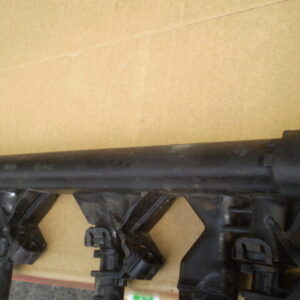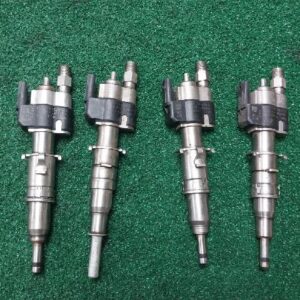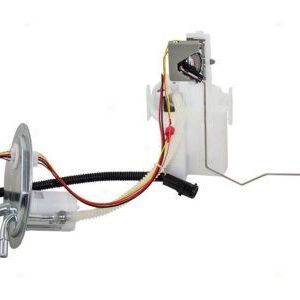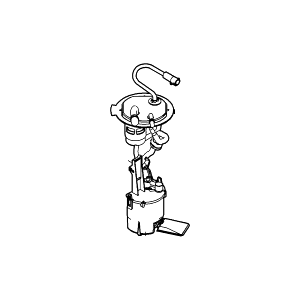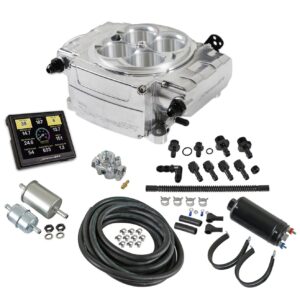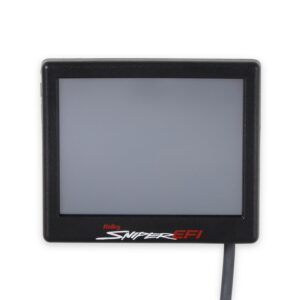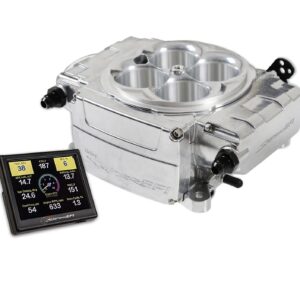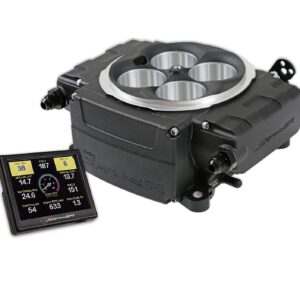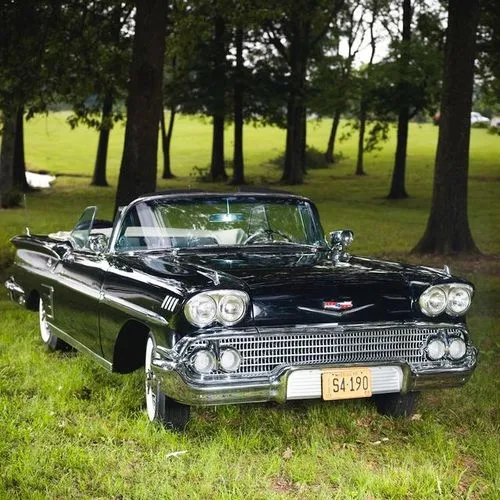About Fuel Injectors
Fuel injectors are key components of a modern fuel-injection system found in most internal combustion engines, including those in cars, trucks, motorcycles, and other vehicles. Here’s an overview of what they do and how they work:
- Function: Fuel injectors are responsible for delivering fuel into the combustion chamber of the engine in precise amounts and at precise times. This process is crucial for optimal engine performance, fuel efficiency, and emissions control.
- Atomization: The fuel injector sprays fuel into the intake manifold or directly into the combustion chamber in the form of a fine mist or spray. This atomization ensures that the fuel mixes evenly with the incoming air, promoting efficient combustion.
- Precision: Fuel injectors are controlled by the engine’s electronic control unit (ECU) or engine management system. The ECU calculates the ideal fuel delivery based on various factors such as engine speed, load, temperature, and sensor inputs. This allows the fuel injectors to deliver the right amount of fuel for the current operating conditions, optimizing performance and efficiency.
- Types: There are several types of fuel injectors, including:
- Port fuel injectors: These injectors spray fuel into the intake manifold just upstream of the intake valve.
- Direct fuel injectors: Also known as gasoline direct injection (GDI) or direct injection (DI), these injectors spray fuel directly into the combustion chamber.
- Throttle body injectors: These injectors are located in the throttle body and spray fuel into the incoming air stream.
- Multi-port fuel injectors: These injectors are located at each intake port and spray fuel directly into each cylinder’s intake port.
- Maintenance: Fuel injectors require regular maintenance to ensure proper operation. Over time, they can become clogged or develop deposits due to impurities in the fuel. Routine maintenance, such as fuel injector cleaning or replacement, can help maintain optimal performance and fuel efficiency.
- Performance: Upgraded or high-performance fuel injectors are available for enthusiasts looking to increase engine power and performance. These injectors are designed to deliver a higher flow rate of fuel, allowing for more aggressive fueling strategies and supporting increased horsepower and torque output.
Fuel injectors play a critical role in the operation of modern internal combustion engines, ensuring efficient fuel delivery for optimal performance, fuel economy, and emissions control.
What is the function of a fuel injector?
The primary function of a fuel injector is to deliver a precise amount of fuel into the combustion chamber of an internal combustion engine. This process is crucial for the engine to operate efficiently and effectively. Here’s a breakdown of the key functions of a fuel injector:
- Fuel Delivery: The fuel injector is responsible for injecting fuel into the combustion chamber or intake manifold of the engine. It precisely meters the amount of fuel delivered based on inputs from the engine control unit (ECU) or engine management system.
- Atomization: The fuel injector atomizes the fuel into a fine mist or spray as it enters the combustion chamber. This ensures that the fuel mixes thoroughly with the incoming air, creating a homogenous air-fuel mixture that is essential for efficient combustion.
- Timing: The fuel injector operates according to a specific timing sequence determined by the engine control unit. It delivers fuel at precise intervals during the engine’s intake stroke to coincide with the opening of the intake valve.
- Control: The fuel injector is electronically controlled by the engine management system, which adjusts the injector’s operation based on various engine parameters such as engine speed, load, temperature, and throttle position. This control allows for optimal fuel delivery under different operating conditions, maximizing engine performance, fuel efficiency, and emissions control.
- Consistency: Fuel injectors are designed to provide consistent and reliable fuel delivery over a wide range of operating conditions. This consistency helps ensure smooth engine operation, regardless of factors such as temperature, altitude, or load.
The function of a fuel injector is critical to the operation of modern internal combustion engines, as it directly impacts engine performance, fuel efficiency, and emissions.
-
Rated 5.00 out of 5(3)
★ BMW E36/7 Z3 Late Model fuel injector six 1427240 ★ 206S 226S M52 M54 six cylinders CL20 CN22 1427335
$343.25$299.00 -
-
Rated 5.00 out of 5(3)
★ RE16 Mini Cooper S R53 injector four 1521390 pipe ★ Four BMW mini-MINI RH16 R52 fuel fuel injectors
$166.99$118.55 -
Rated 4.83 out of 5(6)
☆ BMW MINI Mini Cooper MM16 2009 injector fuel injection device 23-5E40
$348.00$285.25 -
-
-
-
-
-
Holley Sniper 2 EFI Self-Tuning Fuel Injection Systems 550-510-3XK
$1,699.95$1,429.96 -
Holley Sniper 2 EFI Self-Tuning Fuel Injection Systems 550-510-3XX
$1,299.95$1,069.99

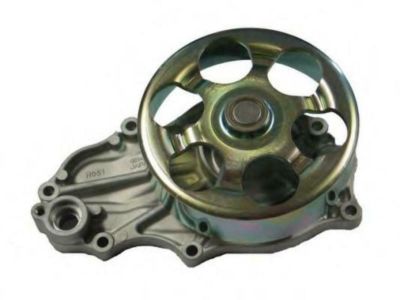
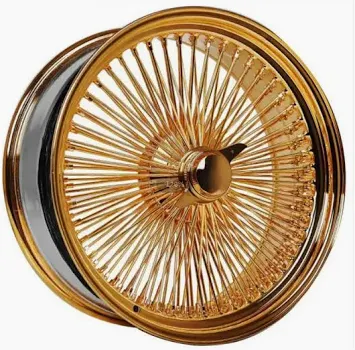
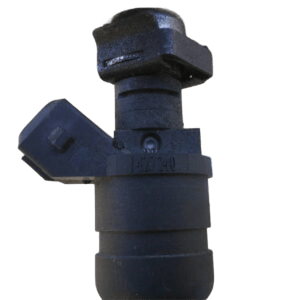



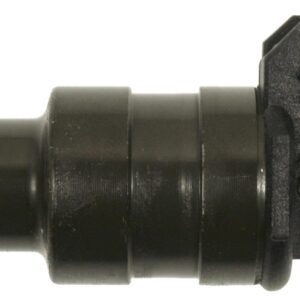

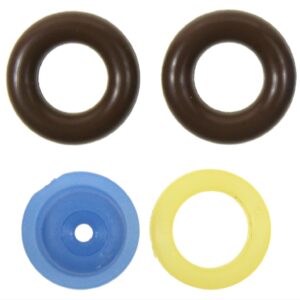
![[Used]BMW MINI R56 Genuine injector](https://buyautospareparts.com/wp-content/uploads/2024/01/BMW-MINI-R56-Genuine-injector-300x300.jpg)

